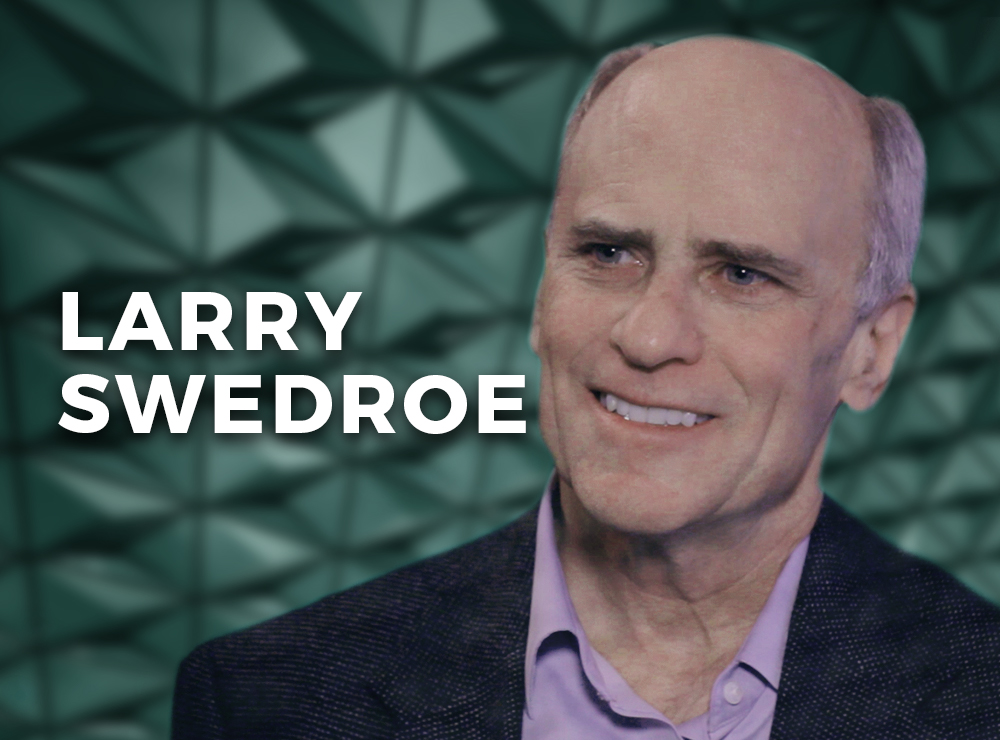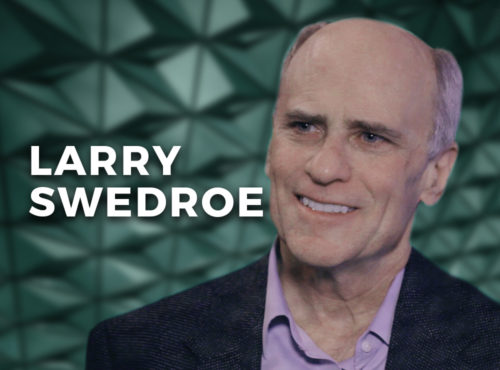
By LARRY SWEDROE
As evidenced by the dramatic growth of Robinhood, many investors are now getting their investment ideas from others on the internet. Manuel Ammann and Nic Schaub, authors of the June 2020 study Do Individual Investors Trade on Investment-related Internet Postings? investigated that subject and whether postings help individual investors identify investment strategies that deliver superior performance in the future.
They began by noting: “Social trading platforms provide an ideal setting for such an investigation. They are social networks for individual investors. On these platforms, traders can share their portfolios and can post comments about their shared portfolios. In addition, followers can study shared portfolios and posted comments and can directly replicate investment decisions of traders in their own accounts in real time.”
The researchers used unique data from a European social trading platform that allowed them to observe the shared portfolios of traders, their posted comments, and the replicating transactions of followers. Their data sample covered the period 2013 through 2014. The sample contained more than 2,000 shared portfolios of traders. Traders managing these portfolios posted about 30,000 comments on their profile pages. Replicating transactions of followers into and out of these shared trading strategies amounted to about $300 million over the sample period.
Following is a summary of their findings:
— About 2 percent of the traders were professional money managers.
— Traders turned over their portfolios about nine times per year on average, implying that they tend to trade excessively.
— There is robust evidence that followers increasingly replicate shared portfolios of traders after the posting of comments.
— If a trader posted a comment on a given day, the next day’s net investments of followers in the shared trading strategy increased by about 6 percent compared to the average daily net investments for the same portfolio. The higher investment effect lasted for about three weeks.
— A one-standard-deviation increase in the fraction of positive words was associated with a significant increase in net investments of followers of about 4 percent on average. This is consistent with the narrative that followers frequently read the comments of traders and then traded accordingly. They also found a negative link between the negativity of postings and net investments of followers. However, this effect was not statistically significant at conventional levels.
— Internet postings do not help followers identify portfolios that deliver superior future performance (as measured against a four-factor model: beta, size, value and momentum) — neither the posting nor the tone of comments have predictive power for the future performance of traders’ portfolios.
— The annualized alpha of investments of followers made after the posting of comments was -13.2 percent, and the annualized alpha of investments of followers made on all other days was -10.6 percent. Both estimates were significant at the 5 percent confidence level.
— The average (median) portfolio alpha was -9.8 percent per annum (-2.8 percent per annum).
Citing research that larger investors tend to be more sophisticated than smaller investors, the authors found “a highly significant reaction following the posting of comments for small investors but no reaction for large investors. This suggests that it is mainly unsophisticated individuals who rely on investment-related Internet postings when making investment decisions, but this does not help them identify traders with superior skills.”
In reviewing the findings, note that naive retail investors may be unaware of the high costs of trading (paying the bid-offer spread nine times a year on average). Those spreads are “invisible,” as investors don’t pay them explicitly. This is not the case with commissions, which are explicit costs. Thus, naive investors may focus on what is often commission-free trading. They may not realise there is no free lunch; the commission-free trading may come with high execution costs.
An interesting finding was that only 2 percent of the traders were female—another example of women behaving better than men when it comes to investing. For example, in their study Boys Will Be Boys: Gender, Overconfidence, and Common Stock Investment, Brad Barber and Terrance Odean found that, although the stock selections of women do not outperform those of men, women produce higher net returns due to lower turnover (lower trading costs).
Also, married men outperform single men. The obvious explanation is that single men do not have the benefit of the spouse’s sage counsel to temper their overconfidence. It appears that a common characteristic of human behavior is that, on average, men have confidence in skills they don’t have, while women simply know better.
They also found that individuals who trade the most (presumably due to misplaced confidence) produce the lowest net returns.
Ammann and Schaub’s findings are consistent with those of Brad Barber, Xing Huang, Terrance Odean and Chris Schwarz, authors of the November 2020 study Attention Induced Trading and Returns: Evidence from Robinhood Users. They concluded: “Large increases in Robinhood users are often accompanied by large price spikes and are followed by reliably negative returns.”
The latest findings are also consistent with those from the 2014 study The Cross-Section of Speculator Skill: Evidence from Day Trading. Brad Barber, Yi-Tsung Lee, Yu-Jane Liu and Terrance Odean studied the performance of day traders (almost exclusively individual investors) in Taiwan (where there were about 450,000 day traders) for the 15-year period 1992 to 2006. They concluded that less than 1 percent of day traders were able to outperform consistently. The other 99 percent would be better off abandoning their day-trading efforts.
Summary
Unfortunately, the evidence demonstrates that naïve retail investors can be easily convinced that they have an edge — they know something the market hasn’t yet incorporated into prices. Sadly, the evidence also shows that while these less sophisticated investors can be convinced they “know” something by finding an “expert” on a social media platform, the results of trading activities based on following “experts” show negative outcomes.
As usual, the ones benefiting are platforms like Robinhood, not investors who use the platforms.
Important Disclosure: The information presented is for educational purposes only and should not be construed as specific investment, accounting, legal or tax advice. Information contained herein may be based on third party information and can become outdated or otherwise superseded without notice. Third party information is deemed to be reliable, but its accuracy and completeness cannot be guaranteed. By clicking on any of the links above, you acknowledge that they are solely for your convenience, and do not necessarily imply any affiliations, sponsorships, endorsements or representations whatsoever by us regarding third-party websites. We are not responsible for the content, availability or privacy policies of these sites, and shall not be responsible or liable for any information, opinions, advice, products or services available on or through them. The opinions expressed by featured authors are their own and may not accurately reflect those of the Buckingham Strategic Wealth® or Buckingham Strategic Partners®, collectively Buckingham Wealth Partners. IRN-20-1666
LARRY SWEDROE is Chief Research Officer at Buckingham Strategic Wealth and the author of numerous books on investing.
Want to read more of Larry’s insights? Here are his most recent articles published on TEBI:
How predictable are government bond returns?
A lost decade for endowment returns
Why would anyone want a hedge fund ETF?
Victory belongs to the patient
Stocks are risky no matter how long the horizon
The only way to be a buy-and-hold investor
PREVIOUSLY ON TEBI
Here are some other recent posts you may have missed:
How “Britain’s Buffett” lost the plot
A lost decade for endowment returns
The risks investors worry about
Beware spectacular success stories
FIND AN ADVISER
The evidence is clear that you are far more likely to achieve your financial goals if you use an adviser and have a financial plan.
That’s why we’re now offering a service called Find an Adviser.
Wherever they are in the world, we will put TEBI readers in contact with an adviser in their area (or at least in their country) whom we know personally, who shares our evidence-based investment philosophy and who we feel is best able to help them. If we don’t know of anyone suitable we will say.
We’re charging advisers a small fee for each successful referral, which will help to fund future content.
Need help? Click here.
OUR SISTER BLOGS
If you’re a financial adviser and you enjoy TEBI, why not try our sister blogs, Adviser 2.0 and Evidence-Based Advisers?
© The Evidence-Based Investor MMXXI









